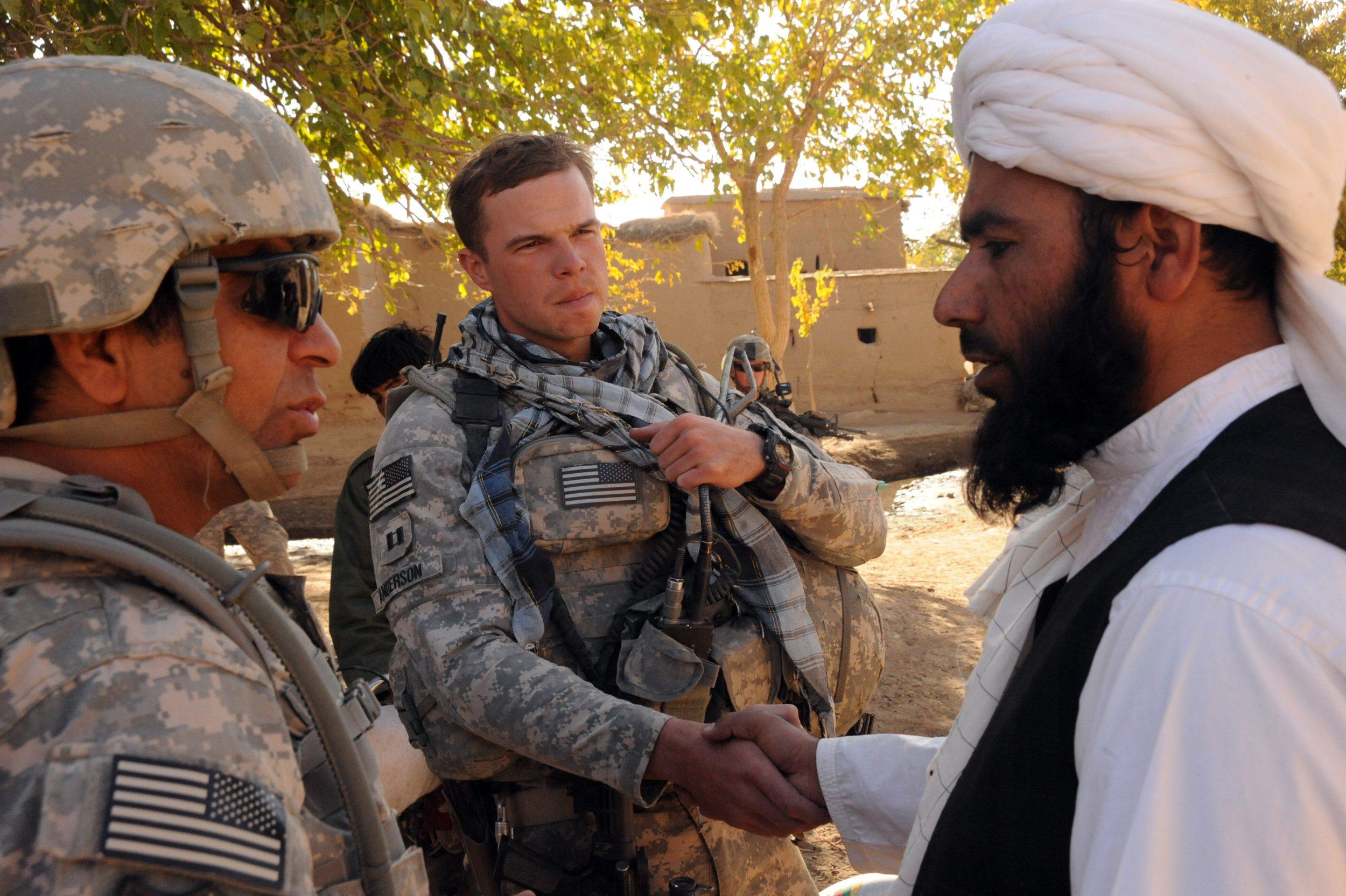By Luis Rueda:
The recent executive order initiating a travel ban for seven Muslim-majority countries has caused considerable controversy in the US and abroad. We have witnessed demonstrations on moral and constitutional grounds, a legal back-and-forth in the courts, and a great deal of discussion of the wisdom of the ban. Much of the discussion centers on whether the ban makes the US safer or places it more at risk.
One area that the travel ban will negatively impact, making the US less safe, focuses on our intelligence operations. The principal effort of US intelligence agencies in the realm of counterterrorism is to identify terrorist threats and stop them before they occur—our offensive strategy. This requires the recruitment of sources within terrorist groups, which in turn requires obtaining the confidence and cooperation of these sources, particularly from the seven countries identified in the travel ban. Recruitment of these sources is based on a variety of motivations, such as money, revenge, and ideology; in the end, it relies on the potential source believing the US is in the right. The travel ban, however, makes obtaining this cooperation from potential sources all the more difficult.
As a result of the travel ban, the US will be viewed throughout the Islamic world as singling out Islam as evil, assigning credence to the idea that we are waging a war against Islam. The ban can make potential sources in terrorist organizations less willing to cooperate with US intelligence agencies, which can be viewed as representing this negative narrative of an anti-Islamic US. This does not just apply to unilateral sources but to liaison contacts as well. We rely on foreign security services for help in tracking and apprehending terrorists, yet these very same liaison partners—many of whom have visas to the US alongside their family members—will be kept out of the US as a result of the ban. What it says to them is that they will be trusted to help us in terrorism operations but not trusted to visit the US. This sends the wrong message to these important contacts—one that severely impacts these relationships.
We lose the ability to recruit sources and sway other intelligence services to work on our behalf. We will be viewed as cold hypocrites—give us your life to potentially save lives, believe in the value the US represents, but then realize that we as a people don’t value you. All this has the potential of dampening our ability to recruit penetrations of terrorist organizations and foster strong liaison relationships. This impact will be felt throughout various levels of the US government, not just the intelligence community. The State Department will find it harder to deal with their contacts in foreign governments, the US military will find cooperation with foreign militaries and supporters (like translators) more difficult, and the FBI and local law enforcement will find less cooperation from Muslim communities in the US. The latter will negatively impact our ability to identify lone wolf and self-radicalized terrorists already in the US. The impact will be less intelligence flowing to the US, less cooperation, and as a result, less security.
During the Cold War, many Soviets risked their lives for us because they ultimately believed in our cause, our judicial system, and our sense of morality. If we had treated them with such openly ill will, would we have defeated communism?
If you want to protect the US from terrorism, you need an offensive as well as a defensive strategy, and if you want to defeat terrorism, you need an offensive strategy. No war is won merely by defense. The travel ban severely limits our offensive strategy, making the US less safe rather than more so. If the goal is to have extreme vetting of individuals from these seven countries, then issue an order for extreme vetting, not a travel ban.
Luis Rueda is an OpsLens Contributor and retired CIA Operations Officer with over 28 years of experience in the clandestine service. During his storied career with the CIA, Rueda served as Chief of Station New Delhi and Chief of Iraq Operations during Operation Iraqi Freedom.

















